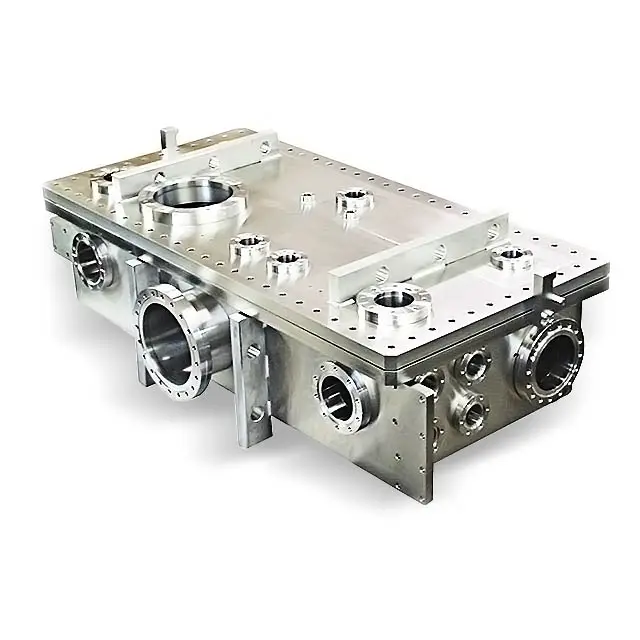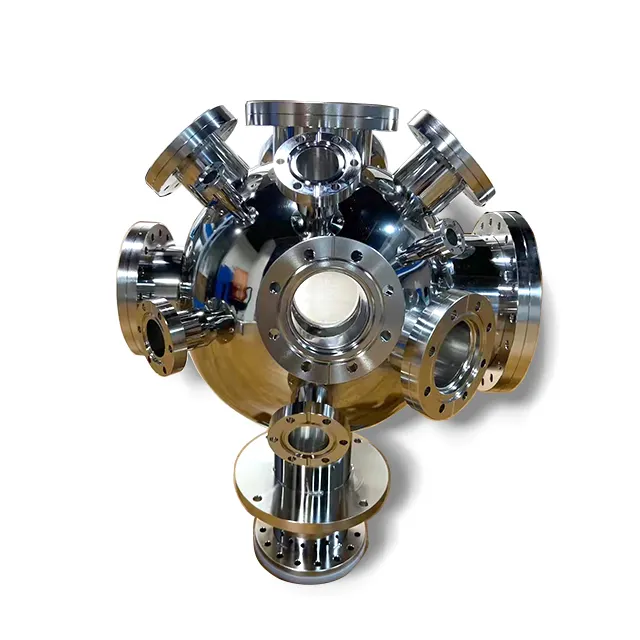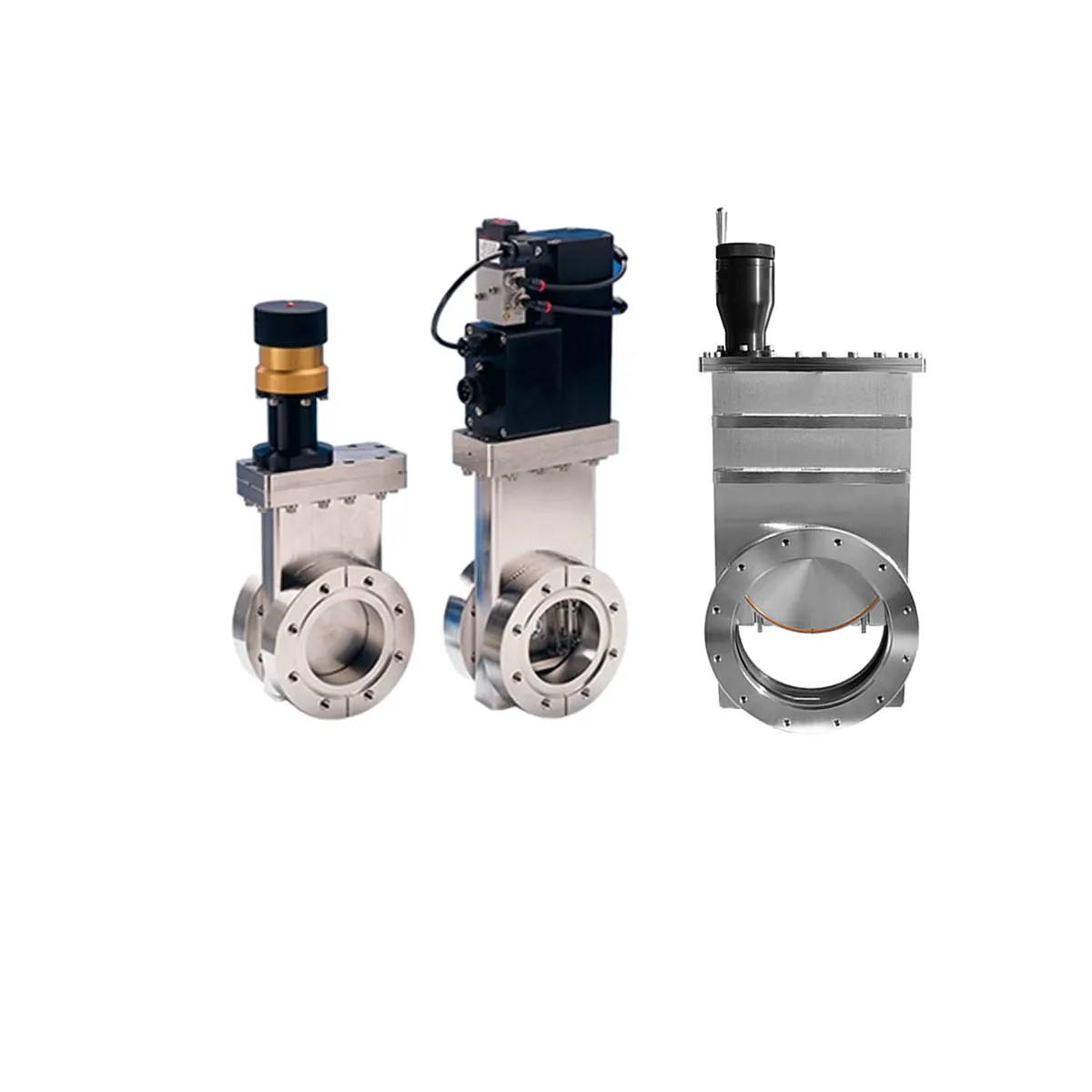vacuum processing
Vacuum processing represents a cutting-edge manufacturing technique that manipulates materials under controlled pressure conditions, typically below atmospheric pressure. This sophisticated process involves removing air and other gases from a sealed chamber to create an environment free from contamination and oxidation. The technology employs high-performance vacuum pumps, precise pressure control systems, and specialized chambers designed to maintain specific vacuum levels. In modern manufacturing, vacuum processing serves multiple functions, including material preservation, surface treatment, and enhanced product quality. The process is particularly crucial in industries such as electronics, where components require pristine conditions for optimal performance. The technology enables precise control over material properties, allowing for consistent product quality and improved manufacturing efficiency. Applications range from semiconductor production to food packaging, metallurgy, and pharmaceutical manufacturing. The process also facilitates specialized treatments like vacuum heat treatment, vacuum drying, and vacuum coating, each offering unique benefits for different materials and products. With advanced monitoring systems and automated controls, vacuum processing ensures repeatable results while maintaining strict quality standards throughout the manufacturing cycle.


